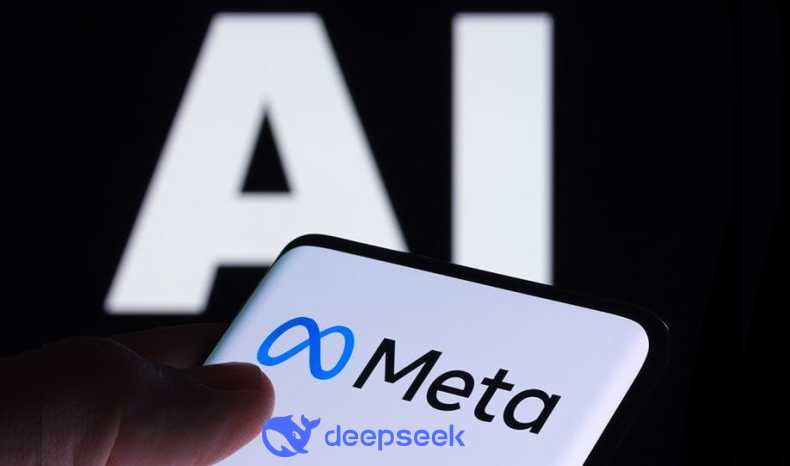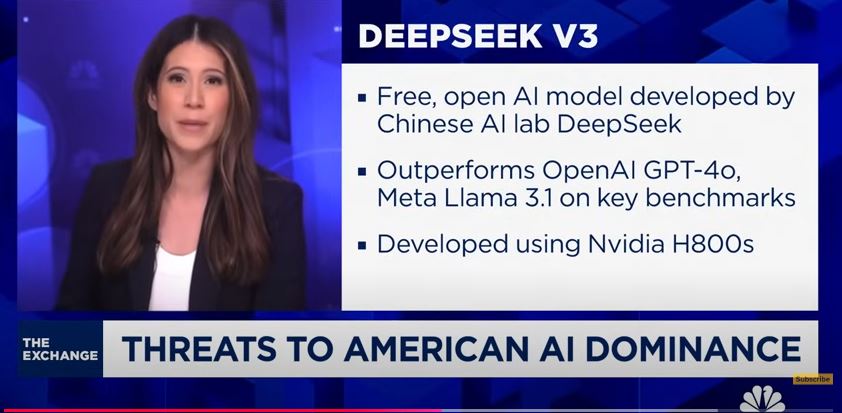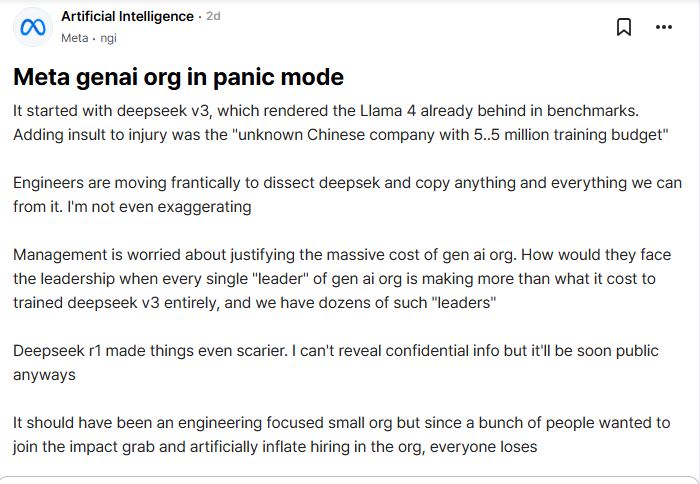Meta AI in panic mode as free open-source DeepSeek gains traction and outperforms for far less

Late last year, we reported on a Chinese AI startup that surprised the industry with the launch of DeepSeek, an open-source AI model boasting 685 billion parameters. What made headlines wasn’t just its scale but its performance—it outpaced OpenAI and Meta’s latest models while being developed at a fraction of the cost.
DeepSeek first caught our attention after a CNBC report revealed that its DeepSeek V3 model had outperformed Meta’s Llama 3.1, OpenAI’s GPT-4o, and Alibaba’s Qwen 2.5 on third-party benchmarks. The startup spent just $5.5 million on training DeepSeek V3—a figure that starkly contrasts with the billions typically invested by its competitors.
Just a month after releasing DeepSeek V3, the company raised the bar further with the launch of DeepSeek-R1, a reasoning model positioned as a credible alternative to OpenAI’s o1 model. Licensed under MIT, DeepSeek-R1 allows developers to distill and commercialize its capabilities freely. This accessibility has made it an appealing choice for smaller teams and developers working on tight budgets who still need high-performing AI solutions.
How Big Tech is Scrambling to Respond to DeepSeek’s Disruption
DeepSeek’s unexpected success is reshaping conversations around AI innovation, with some media outlets going so far as to suggest that DeepSeek poses “threats to American AI dominance” and American companies in the field. Meta, in particular, appears to be feeling the pressure.

Panic at Meta AI
An anonymous Meta employee shared their frustrations in a post on the professional forum Blind, titled, “Meta GenAI Org in Panic Mode.” The post didn’t hold back:
“It started with DeepSeek V3, which rendered the Llama 4 already behind in benchmarks. Adding insult to injury was the ‘unknown Chinese company with a $5.5 million training budget.’ Engineers are moving frantically to dissect DeepSeek and copy anything and everything we can from it. I’m not even exaggerating.”
The employee also highlighted internal issues within Meta’s AI division:
“Management is worried about justifying the massive cost of GenAI org. How would they face the leadership when every single ‘leader’ of GenAI org is making more than what it cost to train DeepSeek V3 entirely, and we have dozens of such ‘leaders’… DeepSeek R1 made things even scarier. I can’t reveal confidential info, but it’ll be public soon.”
The post described a bloated organization where an “impact grab” mentality and over-hiring have replaced a more focused, engineering-driven approach.

What DeepSeek’s Rise Means for AI Development
DeepSeek is a wake-up call for the AI industry. The success of an open-source model built on a shoestring budget raises questions about whether tech giants are overcomplicating their strategies. By lowering costs and offering a permissive license, DeepSeek has opened doors for developers who previously couldn’t afford to work with high-performing AI tools.
For Meta, OpenAI, and other major players, the rise of DeepSeek represents more than just competition—it’s a challenge to the idea that bigger budgets automatically lead to better outcomes. Whether these companies can adapt remains an open question, but one thing is clear: DeepSeek has flipped the script, and the industry is paying attention.
Below is a CNBC YouTube video exploring how China’s new AI model, DeepSeek, is challenging U.S. dominance in the AI landscape.




